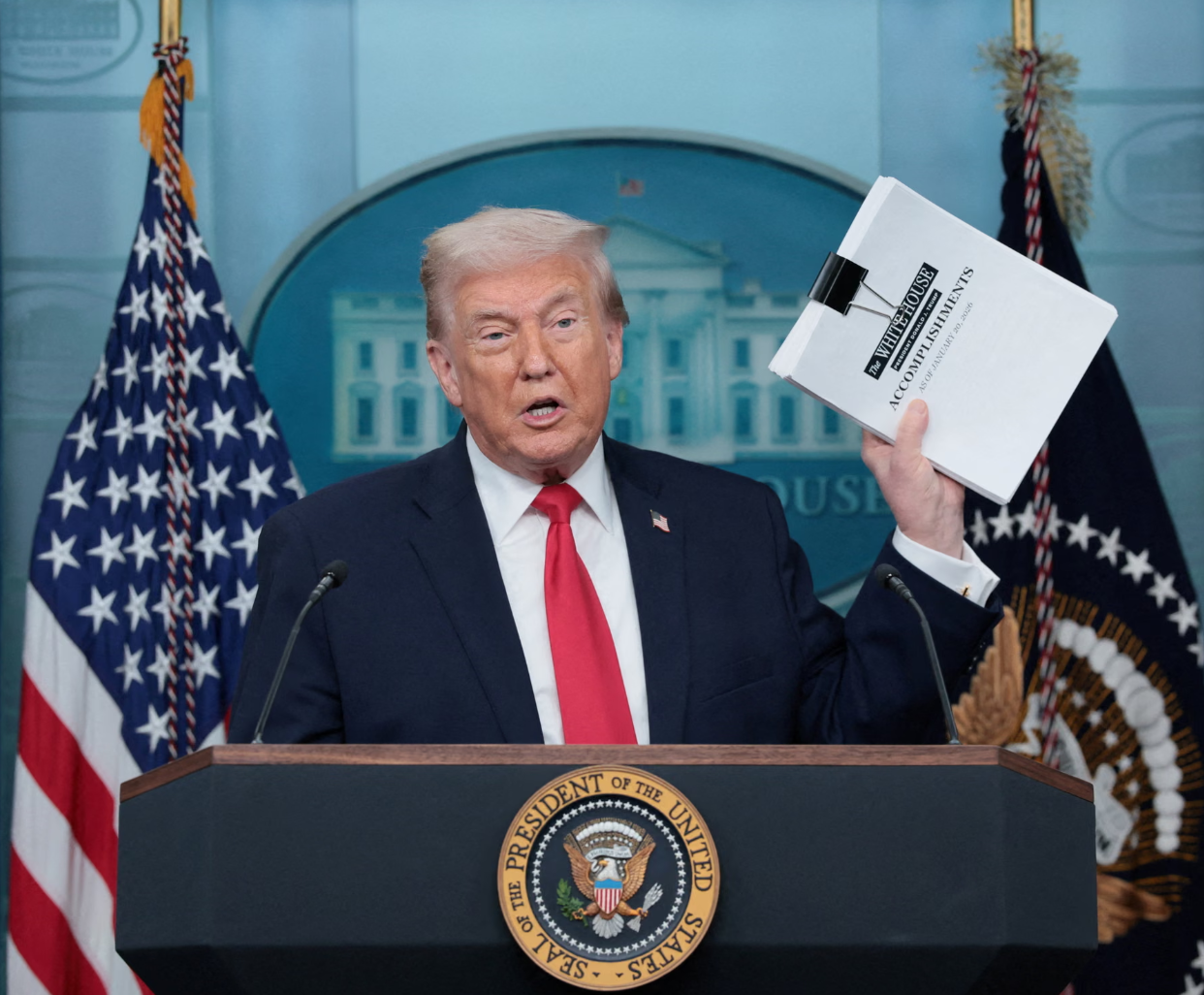Data shared with Guardian reveals Texas oil and gas fields emitting far more methane than New Mexico, feeding calls for stiffer rules.
Oil and gas production in Texas is spewing out double the rate of methane, a powerful greenhouse gas, than in the more regulated state of New Mexico, new satellite data shared with the Guardian shows, prompting calls for tougher curbs of “super-emitter” sites that risk tipping the world into climate breakdown.
Satellite imaging of methane leaks across the Permian basin, a vast geological feature at the heart of the US oil and gas drilling industry, show that sites in Texas have emitted double the amount of the gas than in New Mexico, per unit of production, since 2019.
Methane is a potent planet-heating gas, around 80 times more powerful than carbon dioxide over a 20-year period, and is routinely released via leaks or intentionally vented and burned, in a process called flaring, by fossil fuel companies when drilling for oil and gas. Scientists have warned of a “scary” surge in methane emissions in the past two decades, posing a major threat to efforts to contain dangerous global heating.
The new satellite data, gathered by Kayrros, a French climate technology company, shows that methane is being leaked at a far higher rate from sites in Texas compared with neighboring New Mexico. Despite increasing its own oil production in recent years, New Mexico has no site with repeated methane leaks, unlike in Texas, which Kayrros said is likely due to a 2021 state law aimed at curtailing methane emissions from industry.
“The effect that methane has on the global climate is devastating,” said Antoine Rostand, chief executive of Kayrros. “Good operators will re-inject the gas while others will vent it, which means it’s very easy to eliminate leaks of methane that would have a massive impact upon the climate.”
Rostand said the difference between visible leaks in Texas and New Mexico is “huge” and should spur governments in the US and other countries to crack down on this pollution. “It seems the regulation in New Mexico has had an impact without hurting business,” he said. “It’s a message of hope because it shows that if you have regulation it works. Governments need to take up their responsibilities with this.”
Methane is emitted from various activities, such as from the raising of livestock, but oil and gas production is the biggest source of the pollutant in the US and emissions have surged amid a frenzy of new drilling, some of it for fossil fuels to be exported overseas.
Texas, despite being at the epicenter of the oil industry, has scant measures to prevent companies from dumping their unwanted methane into the shared atmosphere. It is “really frustrating that Texas continues to allow oil and gas companies to pollute with impunity when we’ve got a great solution staring us in the eye”, said Luke Metzger, executive director of Environment Texas. “Unfortunately it’s clear that Texas is not going to stand up to big oil and adopt sensible standards to cut methane.”
Environmentalists have pinned their hopes, therefore, on the US Environmental Protection Agency (EPA), which is finalizing a new federal rule for new and existing drilling sites that it says will slash methane emissions from these sources by 87% by 2030, compared with 2005 levels. The regulation is expected to be unveiled later this month.
The oil and gas industry, and its political allies, have complained that new regulations would be too onerous and risk pushing up fuel costs. “The current administration has made its intentions clear – it is determined to target our flourishing oil and gas sector, despite its substantial progress in reducing methane emissions, irrespective of how it might impact American energy security, reliability, and consumer cost,” Senator Joe Manchin, a centrist Democrat and coal company owner, wrote to the EPA leadership recently.
But Rostand said that governments, set to gather at the Cop28 United Nations climate talks later this month, need to deliver quick and rapid cuts in methane if the world, on track to experience its hottest year ever recorded, is to act on the climate crisis.
“Cutting methane would have the same benefit to the climate as removing all cars and trucks from the road,” he said. “This really should be the ‘Cop of methane’. If the US and Europe, which is the largest importer of natural gas, act, then it will just be the best possible news for the climate.”
Texas produces twice as much methane as better regulated neighbor, study finds




